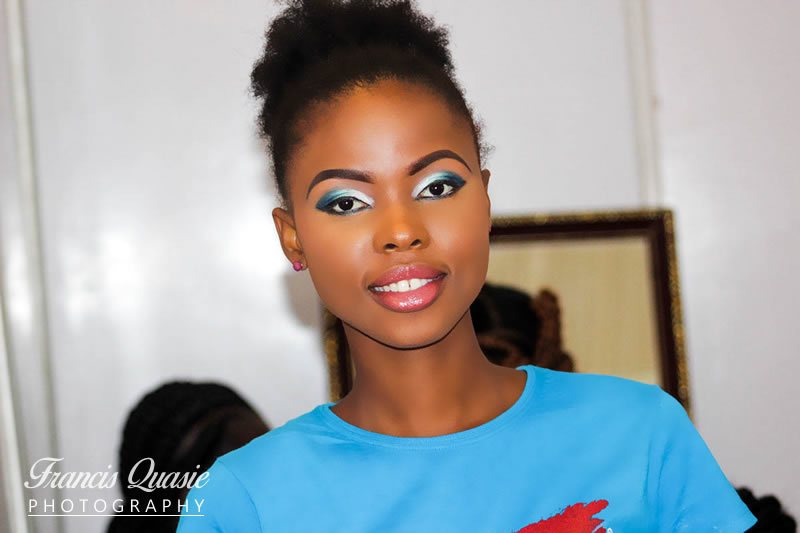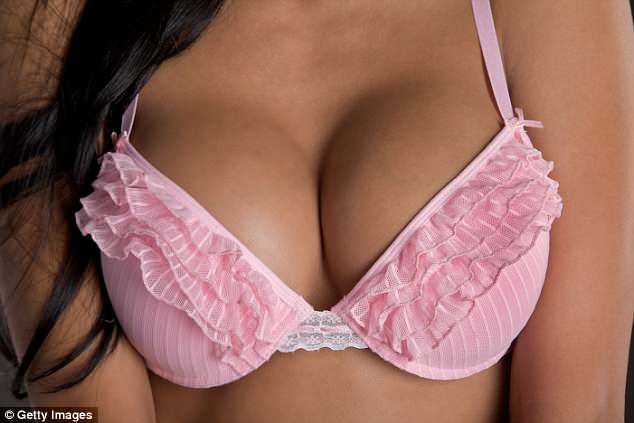Makeup is not a feminist issue
- Home
- Makeup is not a feminist issue

Makeup is not a feminist issue
 Today I’m wearing no makeup.
Today I’m wearing no makeup.
Tomorrow I might fancy doing full contour and covering myself in a full palette of highlighter.
Neither of these things makes me any more or less of a feminist or a woman.
Recently I’ve seen quite a few articles denouncing cosmetics, with one calling it ‘lies’ and another saying it’s ‘hideous gunk’ and that it’s ‘tosh’ to assume wearing makeup is a personal choice rather than as a result of sexist pressure.
Of course we exist in a world where there’s a whole load of pressure on how we look, but it’s doubly sexist to assume that all women wear makeup as part of a peacocking display for men.
People of all genders wear makeup. James Charles, Wayne Goss, and Bretman Rock are just three examples of hugely popular male makeup masters.
People of all sexualities also wear makeup in all sorts of situations.
Who am I answering to when I do my eyeshadow to sit and drink wine with female friends or when I’m at a lesbian bar?
Certainly not men (and thank god for that, because most guys in my friendship group can’t tell me the difference between a cat eye and a cut crease).
When you talk down to the artists hustling at counters and on social media to show off their incredibly skilled work, you’re not only denouncing their career but their passion, reducing them to nothing more than a stereotype you haven’t bothered to even look into.
It’s reminiscent of those cringy ‘real women’ memes that were popular on Facebook a few years back.
If you subscribed to a certain set of behaviours or had a certain body type, you were ‘real’. Otherwise, apparently you were just an apparition, or maybe a hologram like the ones of ABBA set to go on tour this year.
Not being the ‘correct’ type of woman can be a dangerous game when it comes to being accepted by others.
Whether you’re a sex worker, a trans woman, or someone who likes to wear lipstick, you’re told that you’re letting the side down in some way.
Far from furthering the cause, however, this exclusionary feminism only furthers tired tropes that men can cling onto.
It makes it easier for certain guys to make jokes about taking you swimming on a first date, or call you high maintenance, or equate a love of beauty treatments to a lack of intellect.
It also undermines feminism as a movement, making it seem like we’re sat fighting over mascara wands rather than working on ending structural inequality.
There are a multitude of issues that affect women all over the world, and we can care about FGM as well as worrying about body dysmorphia.
However, intimating that you’re not a feminist if you wear makeup isn’t helping anyone.
Perhaps during the French Revolution where people would colour their faces with lead paint I could understand why makeup might be a cause for grave concern.
But the only concerns I can see these days are laced with their own toxicity; formed of the very biases they’re aiming to dispel.
Policing bodies shouldn’t be something that happens on any scale, let alone from those who call themselves activists fighting for our rights to control our bodies when it comes to safe abortions and sexual autonomy.
I’m not entirely sure when bodily autonomy had a line drawn under it (with that line being whatever the commentator deems appropriate for themselves), but personally I’m tired of being told that how I present myself is contributing to the patriarchy, especially when I feel that it’s actually people who judge me for it doing so.
The only option is surely to shave our heads, eschew all clothes that aren’t vine leaves, and throw our fave palettes on a funeral pyre.
While I’m being facetious, the point exists that the perfect amount of aesthetic altering can never be determined, solely because it rests on what one person or group thinks is right.
If there can be no limit, we can never please everyone unless we distance ourselves from caring about the outer shell completely.
Feminism should be intersectional, and I’ve spoken time and time again about how we have got to stop judging women for not doing womanhood in a way that goes against a narrow set of ideals.
What’s truly radical is to live in a way that you want, while still understanding that you shouldn’t have to do anything; contour or no contour.
Source: metro.co.uk
Classic Ghana
Classic Ghana brings you into a fun world of arts, entertainment, fashion, beauty, photography, culture and all things in between. Let’s explore these together!


